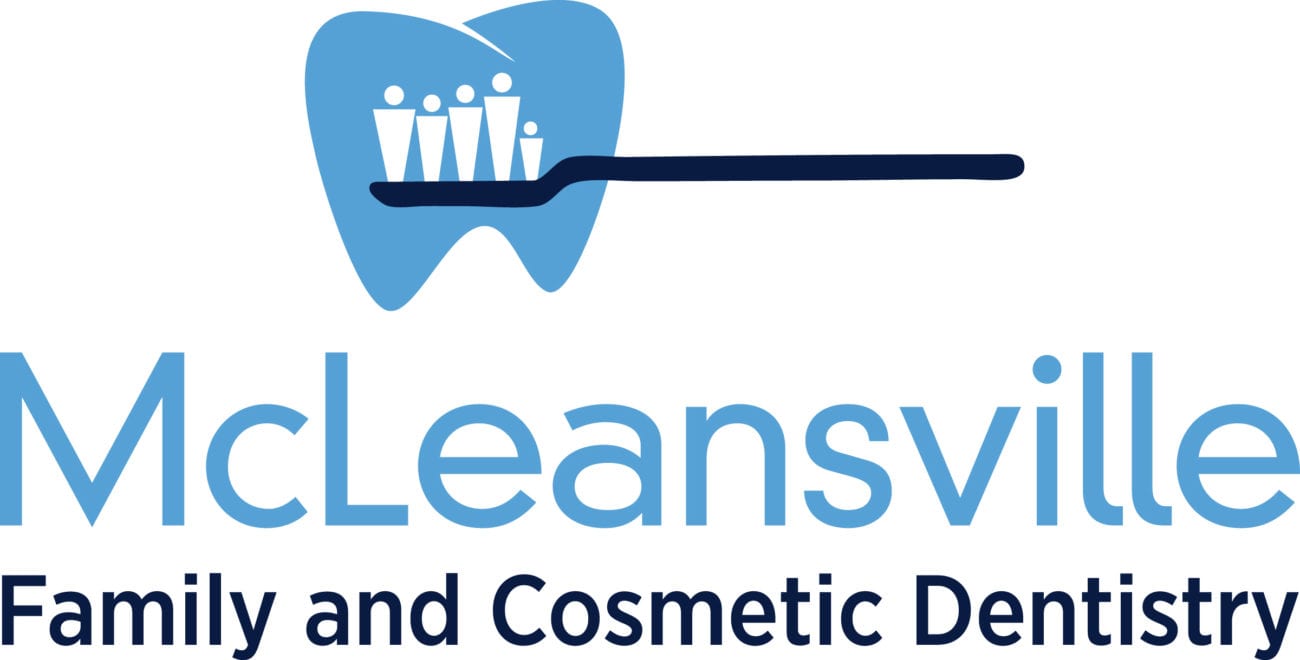If your tooth sustains damage, your dentist will search for a restorative solution to rebuild its structure and keep each layer healthy. Dentists work to preserve as much of your natural smile as possible.
In some instances, your dentist will suggest the removal of a tooth to protect the rest of your smile. They usually view this treatment as a last resort if the tooth will not respond to other less invasive solutions.
Depending on your unique dental needs, you can work with your dentist to find a way to replace any missing teeth after this procedure. Read on to discover three reasons your dentist may recommend extracting a tooth.

Impacted Wisdom Teeth
A tooth extraction, or the pulling of one or more teeth from their socket, is commonly associated with wisdom teeth removal surgery. Wisdom teeth refer to the third set of molars that grow when a patient reaches young adulthood.
In many cases, the patient does not have enough room in the mouth for these teeth to grow into place without issue. They can cause overcrowding with the other teeth or become impacted. This means that the teeth get stuck in the gums and cannot burst through the tissue.
The teeth can have a high risk of becoming infected if they grow impacted. So if this occurs, dentists will usually suggest extracting the teeth. If you have more than one wisdom tooth that needs removal, your dentist can extract them within one procedure.
Advanced Dental Decay
Early stages of tooth decay, like cavities, can be drilled away by the dentist and treated with dental fillings. More advanced decay that affects a larger portion of the tooth might need coverage with a dental crown. This provides more extensive protection after treating this problem.
However, if decay progresses deep into the tooth and reaches the tooth root, the dentist might not be able to both eliminate the decay and preserve the tooth. You may need oral surgery to extract the damaged tooth in this case. Your dentist can evaluate the health of the tooth during a thorough oral exam.
Extensive Tooth Damage
Your teeth might sustain damage from other sources besides decay that can leave your tooth in great structural danger. Periodontal disease, for instance, begins as an infection in the gum tissue. As it advances, it penetrates the tooth root and jawbone.
This type of dental damage may cause the tooth to fall out on its own. However, extensive harm from gum disease may also need a tooth extraction if it goes untreated.
An oral infection that reaches the vulnerable pulp of a tooth may require root canal therapy to treat. A dentist can cover the tooth to preserve it after this procedure with a crown. But if the infection does not respond to this treatment or inflicted too much damage already, a dentist will need to extract the tooth.
